Commercial Bonds
Surety Division
A commercial bond is a type of surety bond that is used to protect the interests of businesses and government entities. The bond ensures that the business owner or elected official will abide by certain regulations or fulfill specific obligations, and if the business fails to meet those obligations, the party requesting the bond can make a claim against it.
This protects the party requesting the bond from any potential financial losses that may result from the actions of the business owner. Commercial bonds can range in size and scope depending on the nature of the business and the requirements of the obligee.
TIS offers the following commercial bonds:
pUBLIC OFFICIAL BONDS
Most Public Official bonds are required by law and are generally conditioned to guarantee a public officer’s faithful performance of duty. The Public Official bond is for the protection of the taxpayers and the penalty or amount of the bond should be adequate to protect their interest.
There is no overall rule determining the amount of each Public Official bond. Some states require bonds in an amount of 100% of all public funds handled by officials, especially tax collectors. The term of a Public Official bond usually coincides with the Official’s term of office and remains in force throughout the term, or until a successor is elected/appointed.
Examples
These are just some of the Public Official positions that we can provide bonds to protect.
Contract Postal Units
Court Clerks
Dog Catchers
Hunting & Fishing Officers
Individual Public Officials
Mayors
license & permit bonds
Most businesses require permission from a governmental body to start and continue in business. Many permits are granted only after the individual or corporation has posted a bond guaranteeing that its business will comply with the laws, ordinances, or regulations relating to it.
License & Permit bonds fulfill this need. The demand for License & Permit bonds is created by public interest requirements. They put teeth into the laws, ordinances, and regulations that have been adopted for the protection of the public.
Examples
These are just some of the bonds and business types that we can provide bonds to protect.
Broker Dealer/Securities Dealers
Cigarette Tax Bonds
(both general contractors and artisans)
Gasoline Tax Bonds
Insurance Adjusters
Insurance Agents/Producers
Liquor License Bonds
Mortgage Brokers
Motor Vehicle Dealers
Outdoor Advertising Bonds
Plumber/Electrician License Bonds
Private Detective License Bonds
Sign License Bonds
Small Loan License Bonds
Street Obstruction Bonds
Court Bonds
Court bonds are required of parties to a lawsuit who seek remedies that the law allows only upon posting a bond. They protect a party in litigation from possible loss suffered as a result of the court’s granting a privilege to the other party.
In some proceedings, the opposing party may have the right to file a counterbond to negate the effect of the first request. Court bonds are civil proceedings, also known as litigant bonds, that are required in a cause of action at law. The purpose of these bonds is to preserve the rights of litigants in the granting of the privilege or remedy.
Examples
These are just some of Court bonds that we can provide to protect a party in litigation.
Court Bonds (Plaintiff’s)
Many times in disputes the plaintiff will attach disputed property or assets of the defendant to prevent them from disposing of them during litigation. The assets are usually held in the custody of the court until the case is settled. This bond indemnifies the defendant against loss or damages determined by the court from the plaintiff attaching the property.
Cost Bond (Plaintiff’s)
The cost bond guarantees payment of court costs, such as fees to the clerk of courts, etc. For the Plaintiff it could be required if they do not maintain a place of business or if they are a non-resident of the state.
Cost on Appeal (Plaintiff’s)
Same as the above cost bond; the difference here is a bond can be required if the plaintiff wants to have his/her case reheard in the appellate court.
Indemnity To Sherriff Bond
If a sheriff is called upon to execute a writ for the seizure of property, he/she may require a bond. The bond indemnifies the sheriff against any claims resulting from damages to a party’s property in the event of an invalid seizure.
Injunction Bond/TRO Preliminary Injunction (Plaintiff’s)
An injunction, sometimes called a Temporary Restraining Order (TRO), is a judicial order issued by a court to the plaintiff whereby the defendant is required to do or refrain from doing a particular thing until the issue is decided in court. The bond indemnifies the defendant against damages and costs if the court rules in their favor.
Garnishment Bond (Plaintiff’s)
Similar to the Attachment Bond for Plaintiffs; the difference is that the property of the defendant is in the hands of a third party – or money owed by a third party to the defendant may be seized under a writ of attachment. The third party is known as a garnishee or garnishee-defendant. To obtain the writ of garnishment, the plaintiff is required to give a bond to the same effect as that required to secure the writ of attachment.
Replevin Bond (Plaintiff’s)
Replevin (also known as claim and recovery) is an action to recover possession of specific articles of personal property. The Replevin bond, which the plaintiff is required to furnish, is conditioned for the return of property if the return is ordered, and for the payment of all costs and damages adjudged to the defendant.
Business service Bonds
You may already carry standard fidelity coverage. While it protects you from dishonest acts your employees may commit against you, it may leave your customers unprotected. Business service bonds protect against a loss incurred by dishonest acts of your employees, which can also discourage such dishonesty. If an employee betrays your trust, they will face an investigation by the bonding company. Your customers will be glad to know the employees (part-time and full-time) performing work are bonded.
Also, business services bonds are a cost-effective way to add additional protection to your commercial insurance coverage or standalone bond coverage.
Examples
These are just some of the professions and business types that we can provide bonds to protect.
Janitorial Services
Window / Gutter Cleaning
Pest Control
Painter
Maid / Housekeeper
Interior Decorator
Photographer
Locksmith
General Repair Services
Messenger Services
Pool Cleaning
Lawn Services
Health Care
Child Care (excluding minors)
Security Guard
Security Alarm Installer
Carpet Cleaning
Pet Sitter
Appliance Repair
Moving Companies
Food Caters
Plumbing Contractors
Temporary Employment Agencies
Contractors License Bonds
These bonds are usually required by a governmental entity and guarantee that the Principal will conduct business in accordance with the privilege granted by a particular license and he/she will comply with the governmental ordinances. Ultimately, these bonds protect the public from incompetency and hold the governmental entity harmless.
Examples
These are just some of the contractor professions that we can provide License bonds to protect.
Building
Electrical
Environmental
Plumbing
Mechanical
Masonry
Roofing
Excavation
Landscaping
Heavy Highway
Solar Panel Installation
ERISA Bonds
Every fiduciary of a plan and anyone else (plan official) who handles or has authority to handle plan assets must be bonded. The bond provides protection to the plan against losses due to fraud or dishonesty on the part of the person handling the funds.
Inflation Guard feature eliminates the need for an increase of the bond amount during the bond term if the bond amount at the inception of the bond/rider is equal to or greater than the amount required by ERISA. We will automatically increase the bond amount to equal the amount required under ERISA or to equal $1,000,000, whichever is less. If the bond amount is out of compliance at inception, the inflation guard will be null and void for claims purposes.
Fiduciary Bonds
A fiduciary is a person, bank, or trust company appointed by order of a court to administer the estate or property of another who, for some reason, is unable to manage his or her own affairs. Fiduciaries in most states are generally required by law to provide a surety bond for the faithful performance of their duties and compliance with the orders of the court having jurisdiction.
Courts often require that a fiduciary posts a surety bond and will designate the amount of the bond required (usually required to secure the amount of the estate assets). Fiduciary bonds are generally written on behalf of individuals or institutions to manage the assets of an estate.
Examples
There are several different types of Fiduciary bonds that we can provide to protect a fiduciary.
Administrator/Executor
Individual(s) appointed by the court to handle the estate of an individual who has died.
Guardian
There are two types of guardians (1) guardian of a minor (2) guardian of an incompetent. In both cases, they are appointed by the court to administer the estate.
Trustee
Individual(s) appointed by the court to administer the assets of a trust.
Trustee of a Special Needs Trust
Individuals appointed by the court to manage the assets of a trust that has been created to allow the ward the ability to retain his or her eligibility for both state and federal benefits.
Miscellaneous Bonds
Miscellaneous Surety bonds are those that do not clearly fall within the scope of Public Official, License & Permit, Court, Business Services, Contractors License, ERISA, or Fiduciary Bonds. Some of these bonds are required by law and must be conditioned as provided by statute, ordinance, or regulation. Others are required by law to have conditions discretionary with approving authorities. Others may be bonds or undertakings between private parties and are used to facilitate business transactions with conditions prescribed by or acceptable to the obligee.
Examples
These are just some of the types of Miscellaneous bonds that we are frequently requested to write and which require special underwriting attention.
Concessionaires Bonds
Franchise Bonds / Pole Attachment
Game of Chance
Income Tax Bonds
Indemnity Bonds to Railroads
Lease Bonds
Lost Securities Bonds
Premium Payment Bonds
Airline Reporting Corporation Bonds for Travel Agencies (ARC)
Miscellaneous Indemnity Bonds
Signature Guarantees to Transfer Agents
Union Wage and Welfare Bonds
Utility Bonds
Workers’ Compensation Self Insurance Bonds
Custom Bonds
Get a Quote
- Provide us with a little information about yourself and your needs.
- A TIS Team Member will reach out to gather additional information needed to provide an innovative, accurate quote.
- Execute and secure your surety bond.
Meet our Sales Team
Surety Bonds
cmartin@TISIns.com
joakes@TISIns.com



